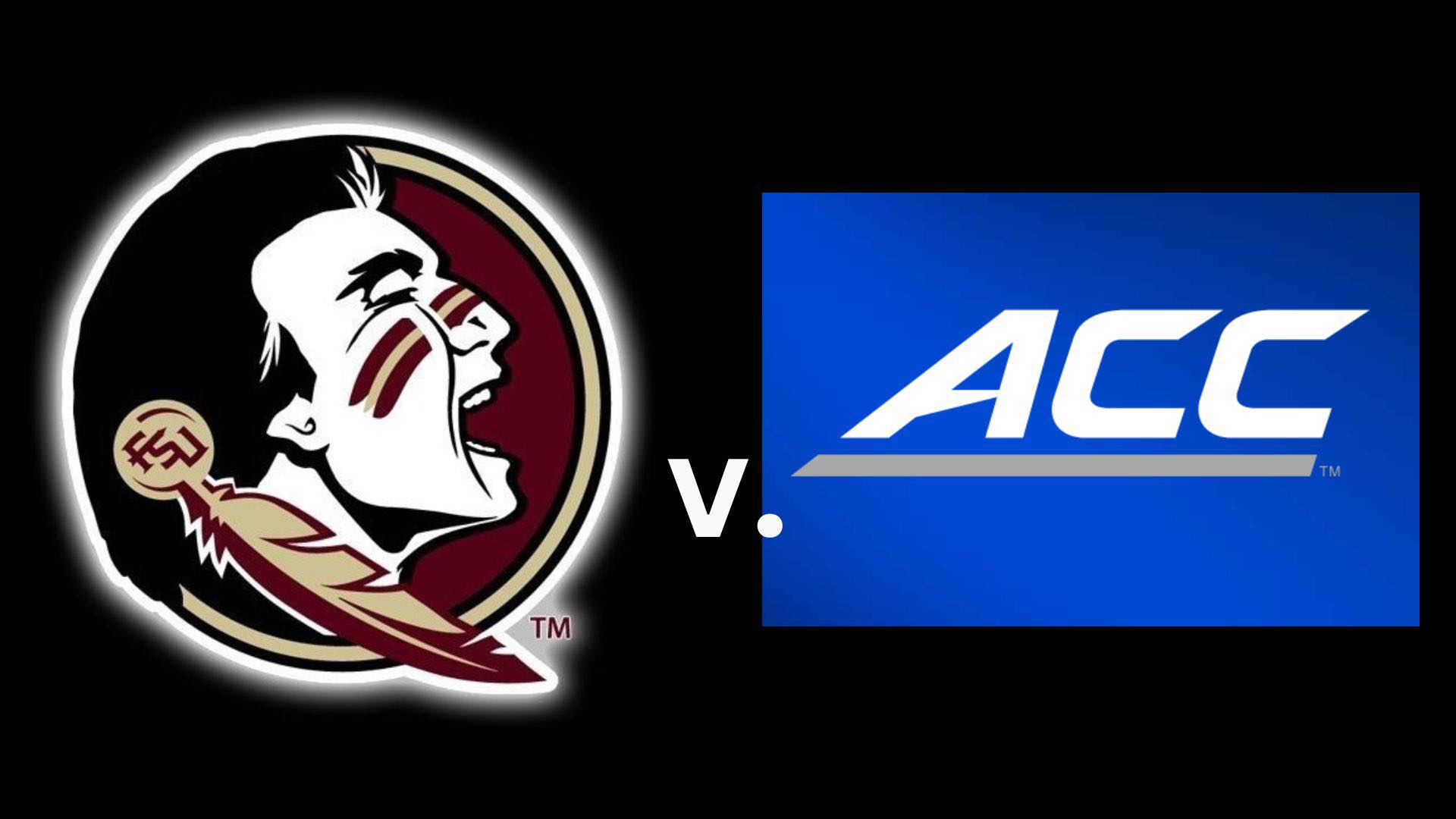Florida State is looking to end its fight with the ACC…now. The Florida State v. ACC plaintiffs filed a motion for partial summary judgment this morning (9/13) in Leon County Court.
The case is already in a fluid status. Just this last Wednesday (9/11) the Florida First District Court of Appeal heard oral arguments as the ACC is appealing the ruling of Leon County Judge John C. Cooper denying the conference’s motion for a stay. The stay would grant a delay in the entire case until jurisdictional issues are resolved in North Carolina courts.
FSU Files Motion for Partial Summary Judgment
Newly released court documents show that the school’s board of trustees filed their motion this week for Judge Cooper to grant a partial summary judgment. Attorneys for the school contend that the conference has misinterpreted the Grant of Rights. It purportedly hands ownership of the school’s broadcast rights of its home games to the conference. A revised Grant of Rights was executed by the ACC and all member schools in 2016. It extended the term of the contract between the schools and the conference from 2027 to 2036.
From the beginning, FSU has contended that the wording states that the ownership of the broadcast rights only extends to the conference for so long as the school is a member of the conference. If it leaves the conference, FSU claims, it takes its broadcast rights with it.
In a 574-page filing submitted this week, FSU attorneys write, “The recently-produced 2016 ESPN agreements expose that the ACC has no rights to FSU home games played after it leaves the conference.”
Questions About the Contracts
The terms of the contract between ESPN and the ACC have been at the center of much of the argument. Both ESPN and the ACC attempted to keep the contract out of the discovery process in all of the cases in North Carolina, South Carolina, and Florida, involving the conference, Clemson, and Florida State. To this point, heavily redacted copies of the contract are what everyone is working from.
The filing continues, “Because the 2016 ESPN agreements exclude such games, ‘rights’ to them were never ‘necessary’ for the ACC ‘to perform’ its ‘contractual obligations’ to ESPN ‘expressly set forth in the ESPN agreements;’ thus rights to those games were never granted to the ACC under the 2016 Amended Grant of Rights.” In other words, because it does not say the rights are granted even if the school leaves, the assumption should be that the GoR does not deliver such ownership to the conference.
These arguments have been made by Florida State’s legal counsel in previous hearings. But this is the first time they have been argued in an actual motion before the court.
They filed for a partial summary judgment to narrow the scope before Judge Cooper. A complete summary judgment would compel Judge Cooper to determine that Florida State is correct on a legally significant portion of all of its arguments. By doing it just on these specific terms, they are asking the court to rule that the contracts between the school and the conference, and ACC and ESPN, have significant enough holes to allow FSU to void the agreements upon departure.
FSU and Clemson
To this point, Florida State’s lawsuit against the conference has differed ever so slightly from Clemson’s. Florida State has been asking for the entire Grant of Rights to be ruled invalid. Further, for the court to scrap it completely. Clemson has acknowledged certain validities of the agreement. However, has asked the court in Pickens, South Carolina to rule only on certain aspects. The sought-after end results would be the same. The schools would leave with their broadcast rights in their back pocket.
The Judge Cooper Factor
The new motion by Florida State may appear to be standard procedural tactics However, Judge Cooper has been a bit of a wild card in the wide swatch of these lawsuits. In North and South Carolina, the judges heard the early motions to dismiss in one day. They ruled accordingly (denying them), post haste.
Both judges also granted stays in the proceedings while appeals of their original rulings went through the appellate process.
But Judge Cooper took three hearings before denying the ACC’s motion to dismiss. And he denied the motion to stay. This means the case is moving toward eventual trial even while appeals are going on at higher levels.
FSU’s motion addresses the ongoing work. “Postponing the resolution of this question only compounds the expense and travesty,” they submitted. “Further, the ACC’s multiple breaches of FSU’s bedrock Constitutional contractual rights in three different Articles are all material and relieve FSU from any further duty to perform thereunder.”
There is no specific timeframe given for Judge Cooper to rule. Further, his decision is certain to be appealed no matter which way he goes.







